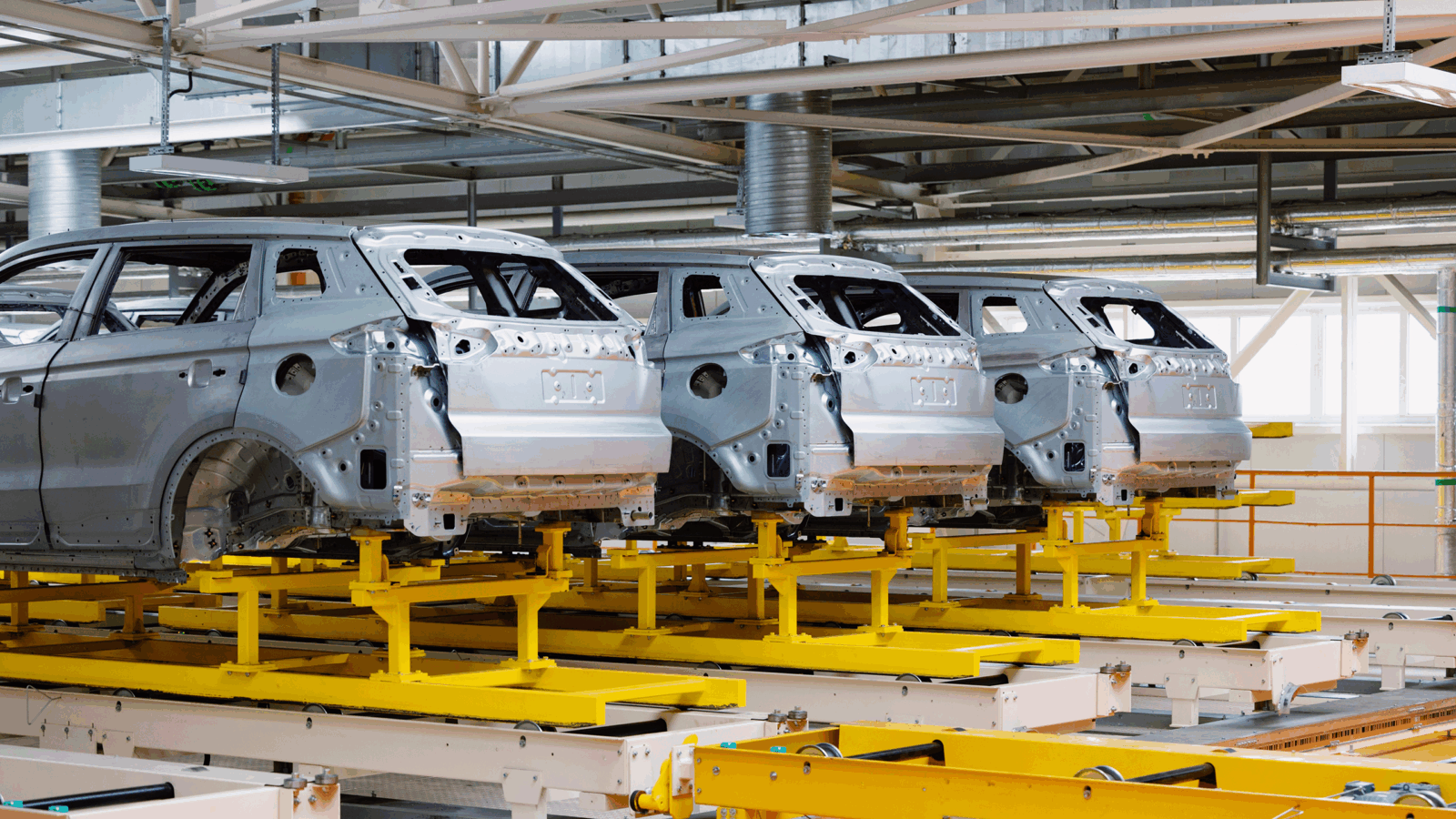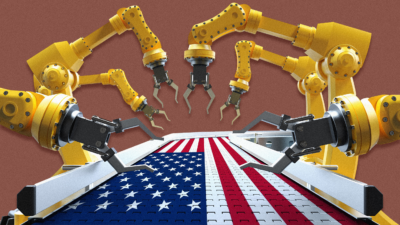
Sign up for smart news, insights, and analysis on the biggest financial stories of the day.
The great-great-grandchildren of Henry Ford, the pioneering American industrialist, will soon step into influential roles on the board of their family’s namesake company.
It’s probably safe to say they weren’t scouted on LinkedIn.
Henry Ford’s Assembly Line
For all but 20 years, Ford has been led by a family member. Today, the company is led by Jim Farley — a cousin of the late Chris Farley — but the influential Ford family isn’t about to let go of the reigns:
- Alexandra Ford English, who also serves as the company’s corporate strategy director, has been nominated to the board.
- Henry Ford III, the company’s 40-year-old investor relations director, is also up for election at the upcoming annual meeting.
The Ford family’s supervoting Class B shares give it 40% voting power and effective control over the company. If the two members were to be elected, three of the company’s 14 board seats will be occupied by Ford family members.
Critics Say: Nell Minow, an executive at ValueEdge Advisors and a longtime advocate for shareholder rights, said the family-run board cuts against the trend toward more independent directors, not fewer. Other critics say Ford’s “insular” corporate governance has made it “backward-looking,” with a depressed valuation due to the super-voting stock.
Bill Ford, the executive chairman, said the family’s ownership has helped the company withstand tough times. “The family has been very willing to take short-term pain, like no dividends, to get us tough times,” he said, pointing to the Great Financial Crisis where Ford avoided bankruptcy while peers underwent government-led restructurings.
the takeaway
Ford might advertise that it’s “Built Tough” — but it’s been no exception to the global turmoil of late. In 2020, the company’s earnings fell to $2.8 billion from $6.4 billion the year before, while North America and Ford Credit were its only profitable units.











